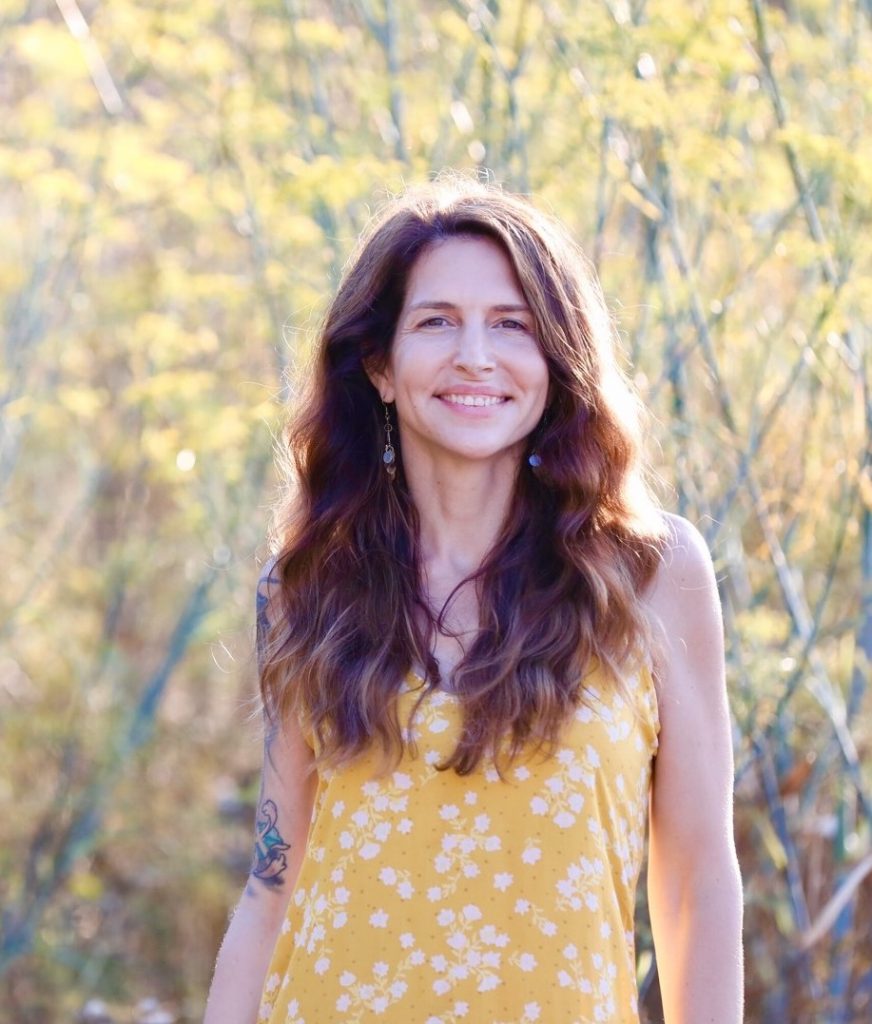Contrary to what our nervous systems might tell us, we need to learn to operate outside our comfort zones. Safety and fulfillment do not go hand and hand. When we play it safe and do things the way we are used to doing them, nothing changes. We do not grow. And you know what they say — if you are not growing, you are dying.
So, if we need to practice being outside of our comfort zone, how can we do it?
Find your edge: To actively and consciously leave your comfort zone, you need to know where it is. Think of it this way. If someone says to you that you need to do something to make a situation work — or, if someone asks you to do something: sky diving, for example — and you just flat-out say no. That is outside your comfort zone. But some situations are a little more vague. Calling someone you like and asking them out. Or, going a bit further with marketing your business. These things are not a flat-out no, usually. It is the examples that are uncomfortable but not unreasonable to us that are our edge.
Exercise your edge: You should be doing something every day that gets you more comfortable with doing the things that are on your edge. If you withhold the truth from people, practice speaking it. If you are afraid to speak on stage — my personal favorite — then take every opportunity to speak on stage. It is not about feeling good while you do it. It is about doing it.
Pay attention when you are in your comfort zone: How do you feel when you are doing something that you feel confident doing? Pay attention to this because it will give you insight into what feelings to connect with while you are exercising your edge. Practice your power and confidence: There are two pieces to this. When you are working your edge, remember to bring to your experience:
Getting comfortable functioning outside your comfort zone takes practice — just like all other parts of life. If you make doing it rather than not doing it a way of life, you become accustomed to the feeling and, therefore, it becomes easier to work with.

